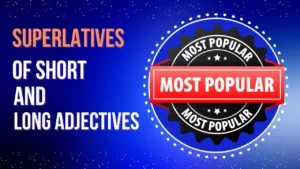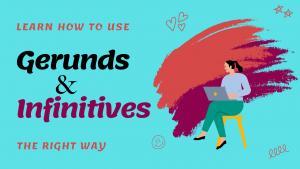
Introduction
Conditional type 3 is used to talk about past situations or events that are opposite to the speaker’s wish. That is, the speaker regrets having done (or not having done) something .
Conditional type 3: Notes
| FORM | USE/FUNCTION |
| If + past perfect (if-clause) + would/could/might have+past participle (main clause) | Conditional type 3 refers to past situations that are very often opposite to reality/facts. That is, situations or events which the speaker regrets. |
Examples
| Conditional sentence | Meaning |
| 1. If I had found her address, I would have sent her an invitation. | I didn’t sent her an invitation because I didn’t find her address |
| 2. If I had studied well, I might have passed the exam. | I didn’t pass the exam because I didn’t study well. |
| 3. I could have helped you if you had asked me. | I didn’t help you because you didn’t ask me. |
Remarks
- If the “if” clause comes first, a comma is usually used. If the “if” clause comes second, there is no need for a comma: If it had been sunny, we would have gone to the park. = We would have gone to the park If it had been sunny.
2. In most conditional sentences,’’ when’’ means the same thing as ‘’if’’: if/when it had been sunny, we would have gone to the park.
3. The past situations or events are opposite to the speaker’s wish.
| Past situation/event | Speaker’s wish |
| Positive | Negative |
| Negative | Positive |
Conditional type 3: Exercise
Put the verbs between brackets in the correct tense
- If I (to have) enough money, I(to lend) you.
- If you (to study) hard, you (to pass) the test.
- If it’s sunny, we (to go) to the park.
- Paula (to be) sad if Juan (to leave).
- If you (to cook) the supper, I (to wash) the dishes.
- If I (to win) the lottery, I (to go) to Paris.
- If Clare (to arrive) late again, the hockey trainer will be furious.
- You’ll be sorry if you( not/to revise) for your exams.
- We (to go) on a picnic if the weather’s good.
- They (to recognize) you if you wear dark glasses.
- If the bus (to come) on time, I won’t miss the football match.
- If you (to do) your homework now, you (to be) free all tomorrow.
- We (to eat) out if there’s no food at home.
- You’ll find life much easier if you (to smile) more often.
- If it’s hot, we (to go) for a swim.
- You’ll do it better if you (to take) more time over it.
- If she (to keep) practicing, she’ll get better.
- I (to be) so happy if I pass the exam.
- You’ll be really tired tomorrow if you (not/to go) to bed soon.
- If someone (to lend) you a bike, you can come with us.






